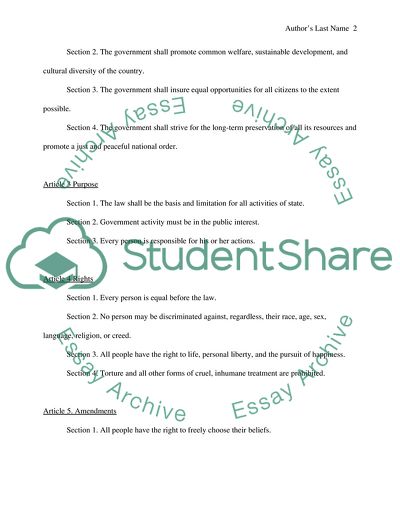Cite this document
(Issues of Scotland's Constitution Case Study Example | Topics and Well Written Essays - 1750 words - 2, n.d.)
Issues of Scotland's Constitution Case Study Example | Topics and Well Written Essays - 1750 words - 2. Retrieved from https://studentshare.org/law/1712521-constitutional-law
Issues of Scotland's Constitution Case Study Example | Topics and Well Written Essays - 1750 words - 2. Retrieved from https://studentshare.org/law/1712521-constitutional-law
(Issues of Scotland'S Constitution Case Study Example | Topics and Well Written Essays - 1750 Words - 2)
Issues of Scotland'S Constitution Case Study Example | Topics and Well Written Essays - 1750 Words - 2. https://studentshare.org/law/1712521-constitutional-law.
Issues of Scotland'S Constitution Case Study Example | Topics and Well Written Essays - 1750 Words - 2. https://studentshare.org/law/1712521-constitutional-law.
“Issues of Scotland'S Constitution Case Study Example | Topics and Well Written Essays - 1750 Words - 2”. https://studentshare.org/law/1712521-constitutional-law.


